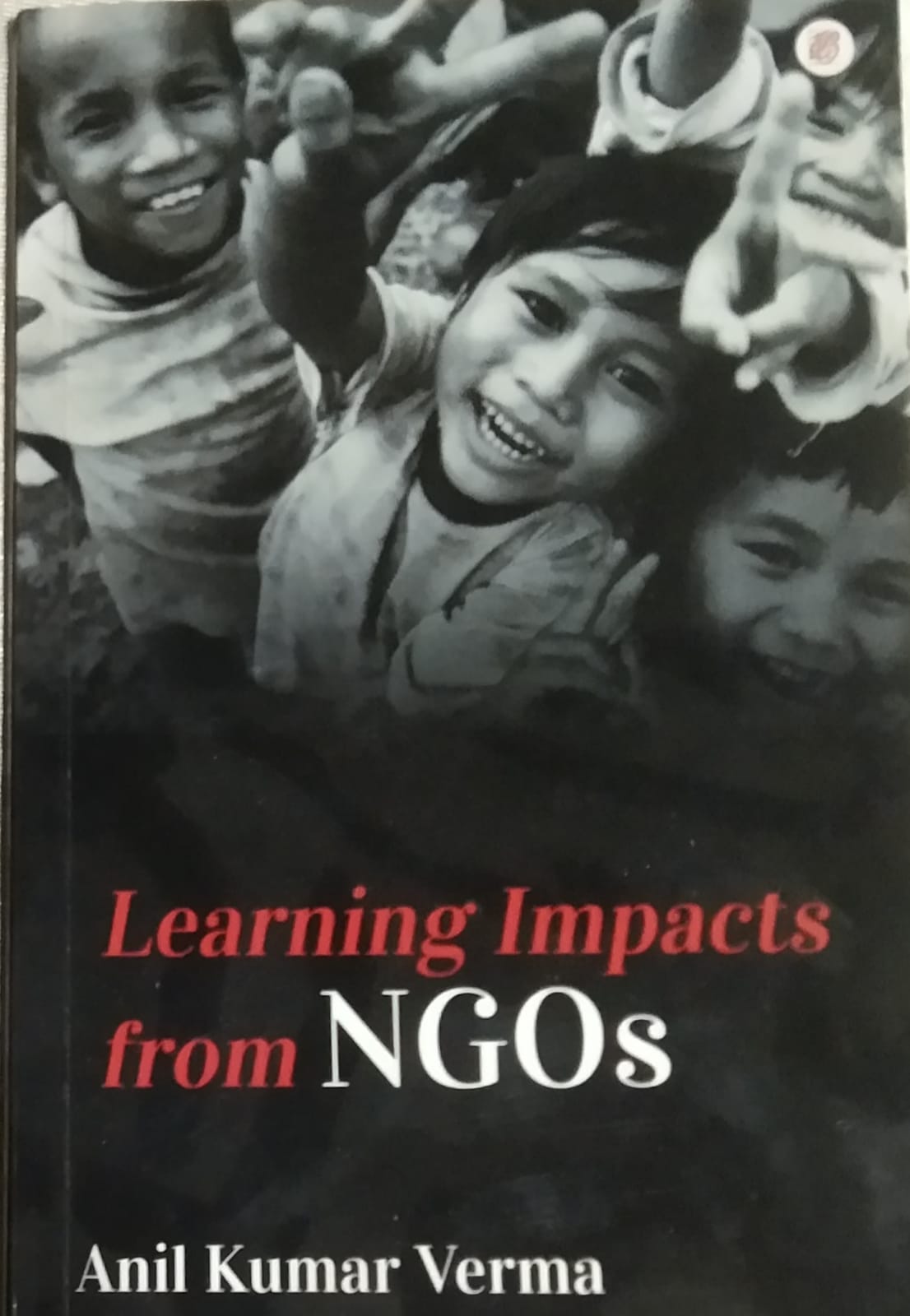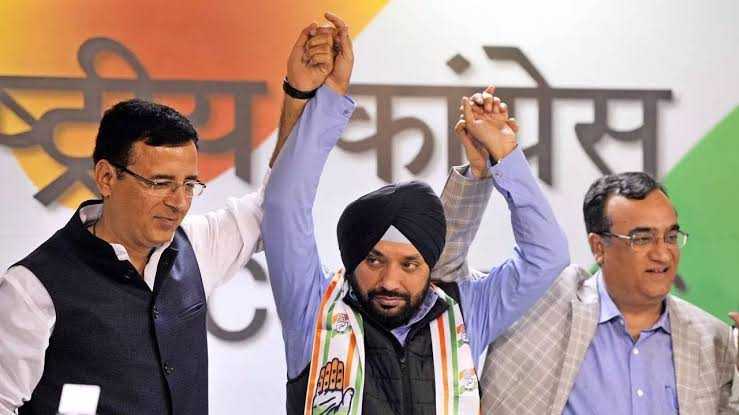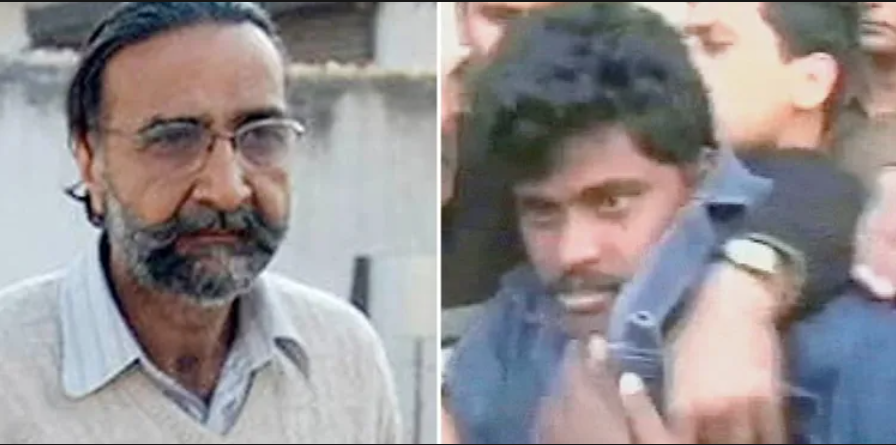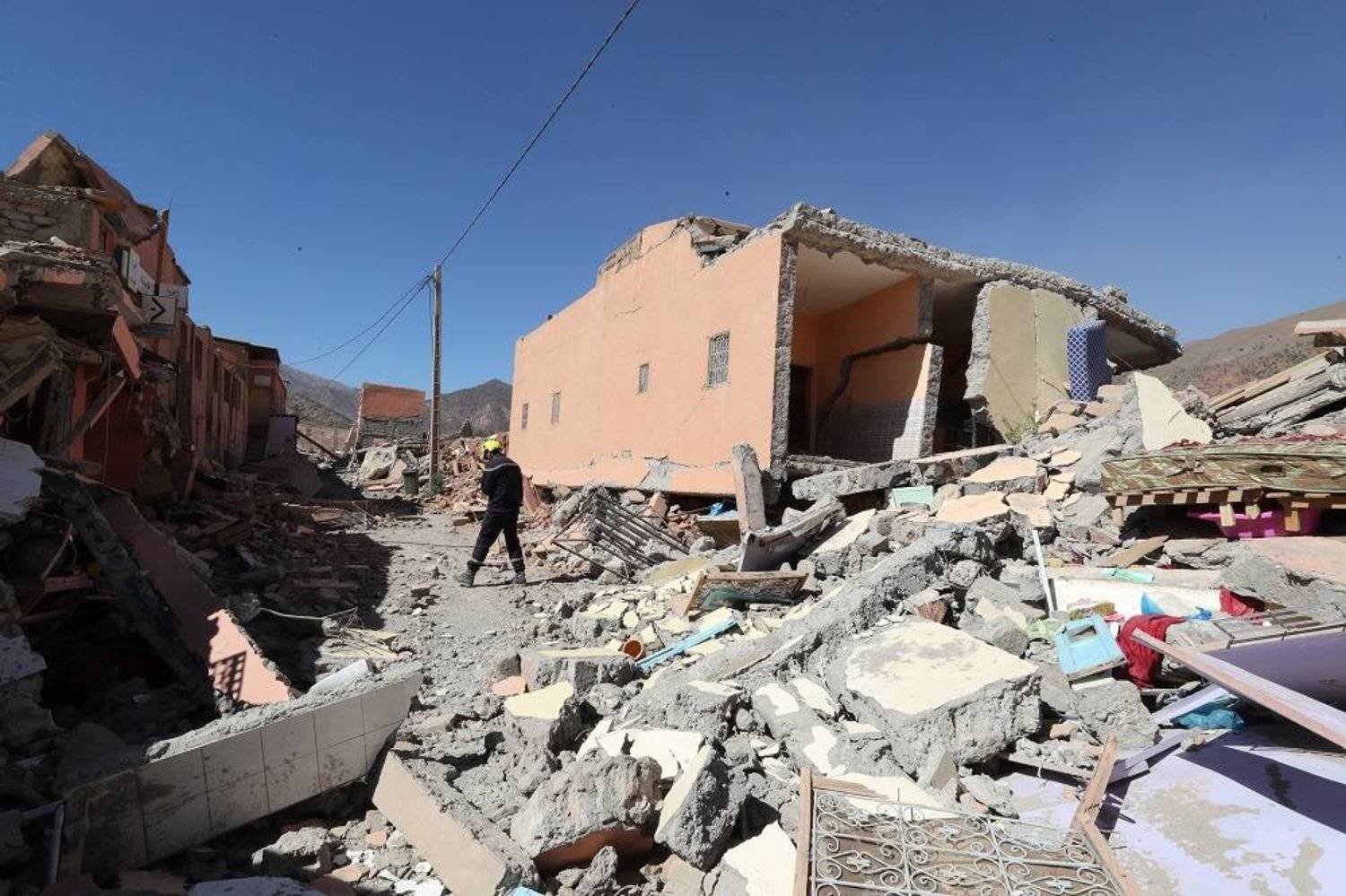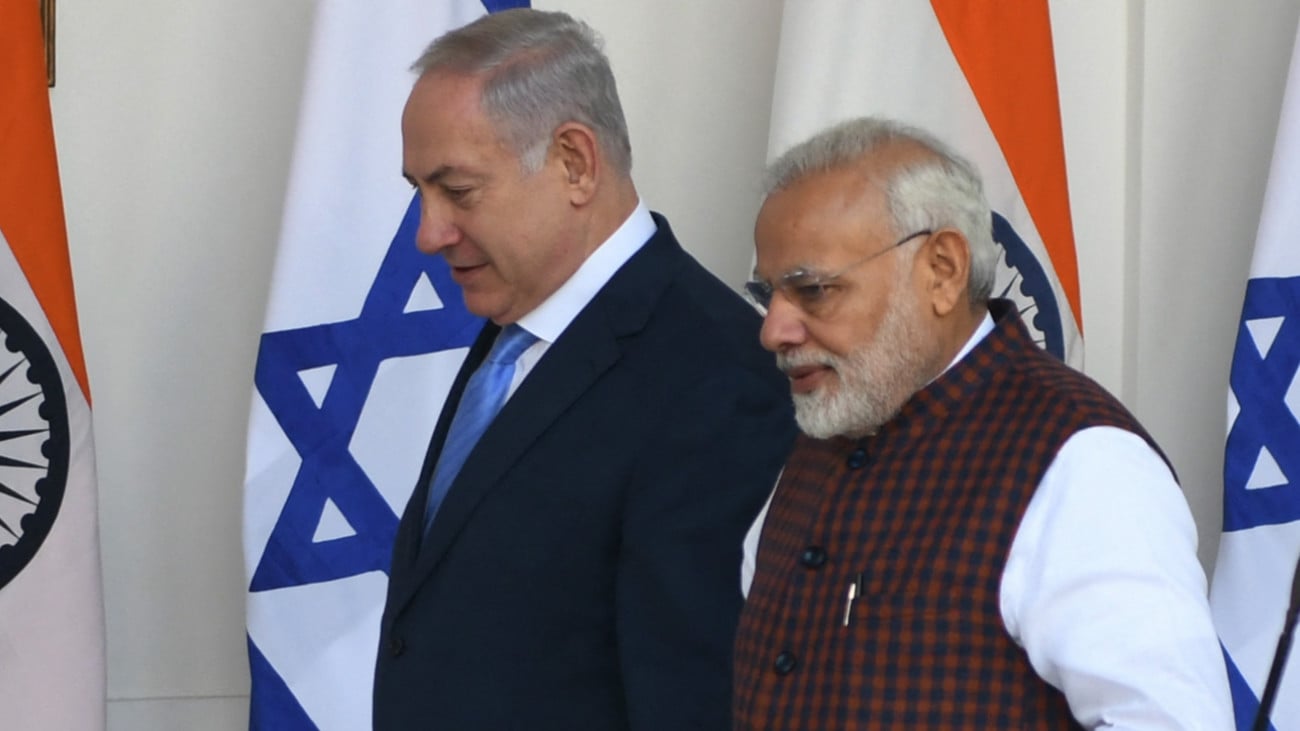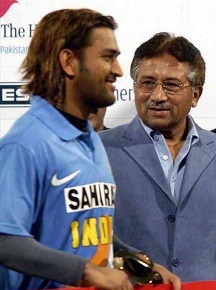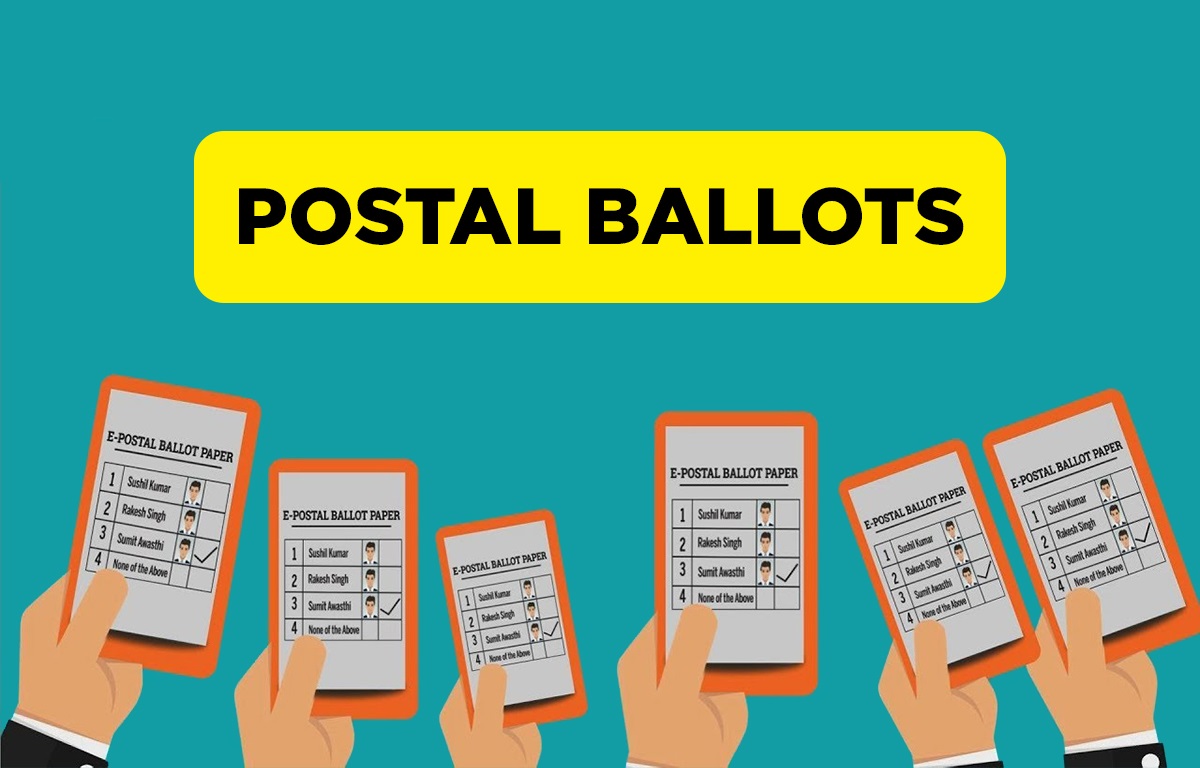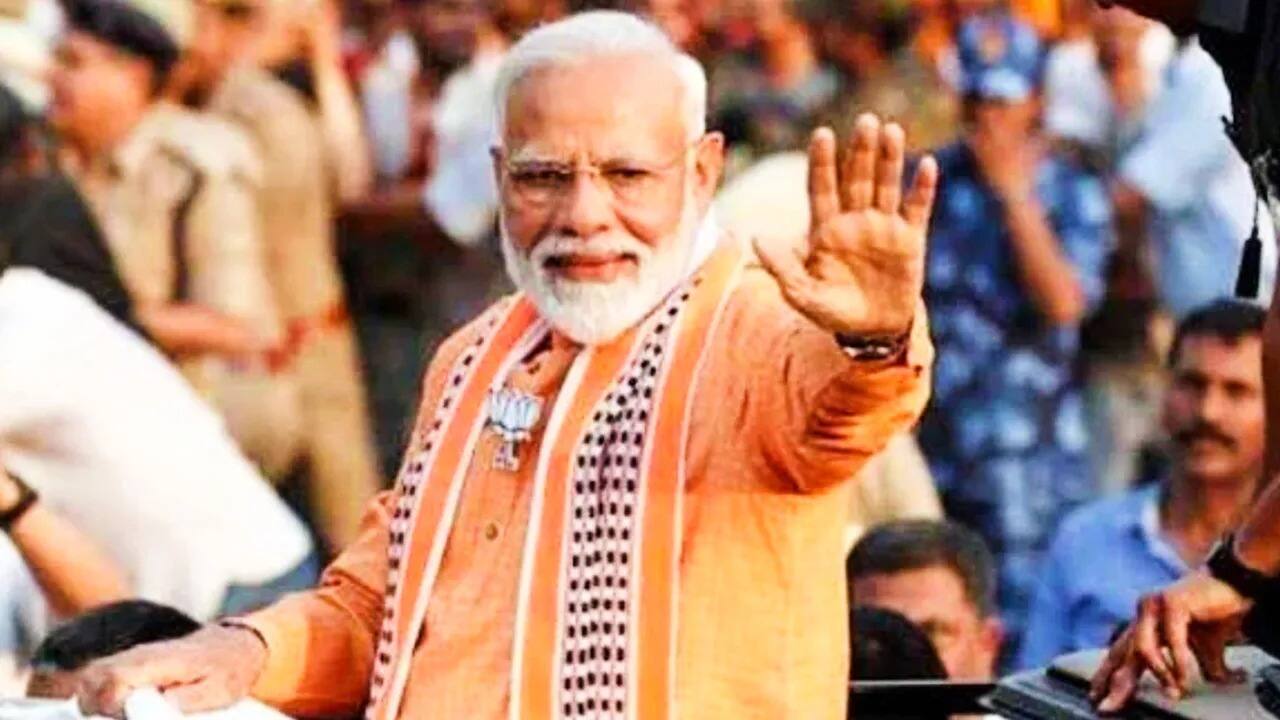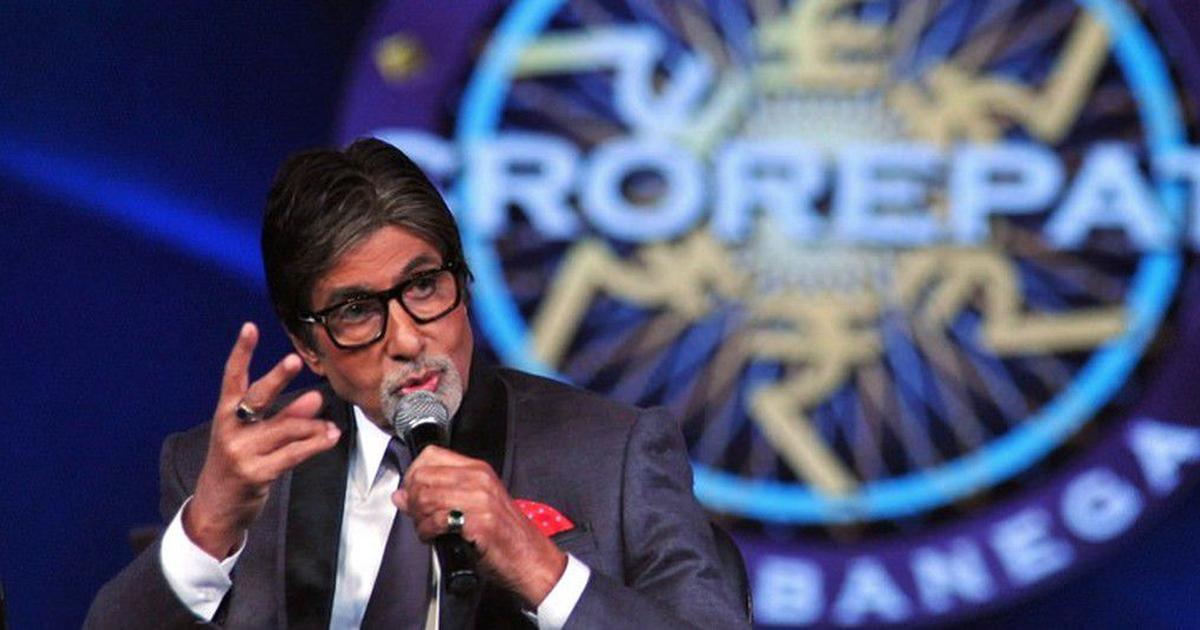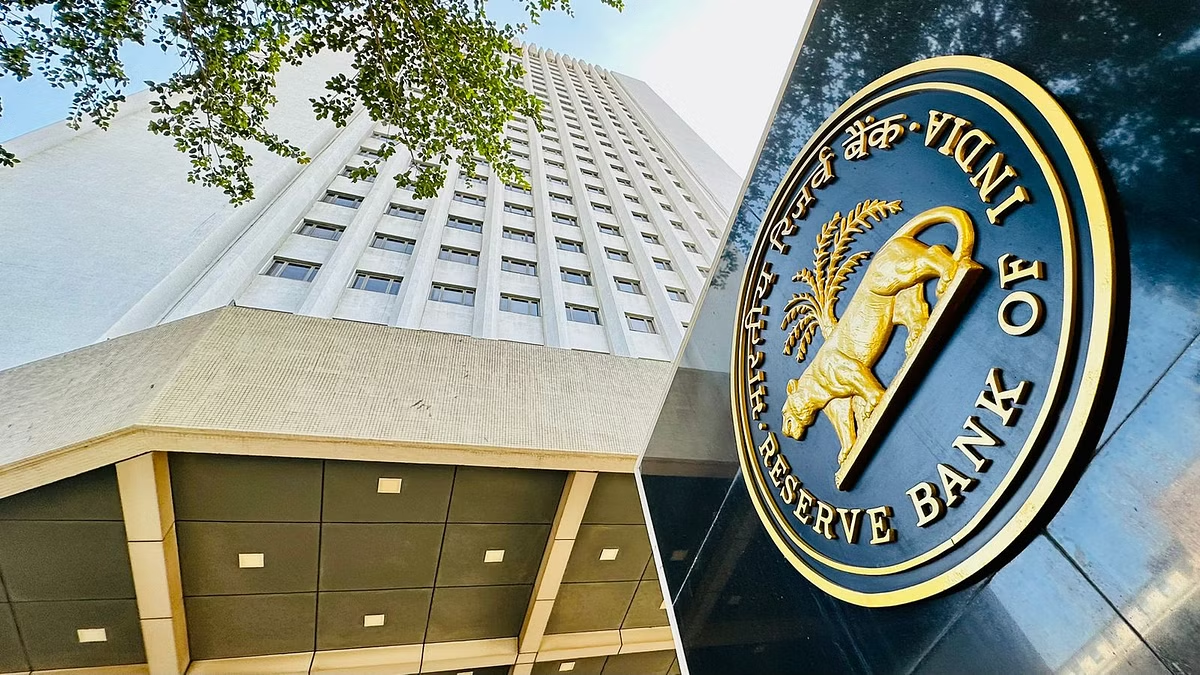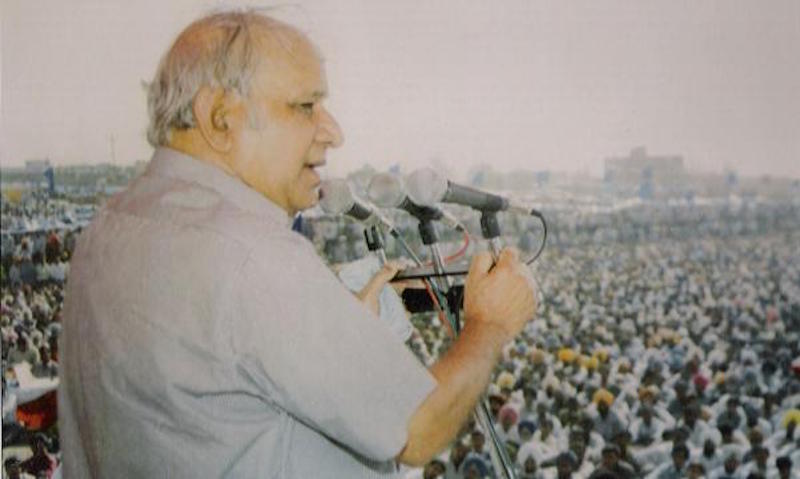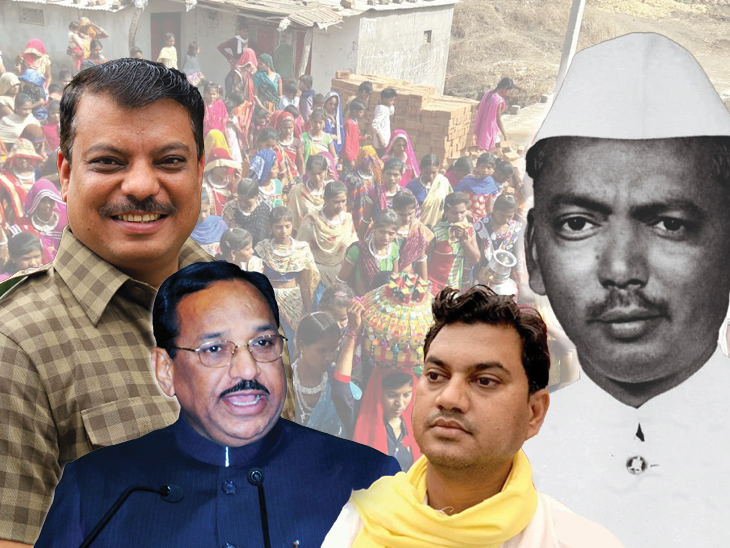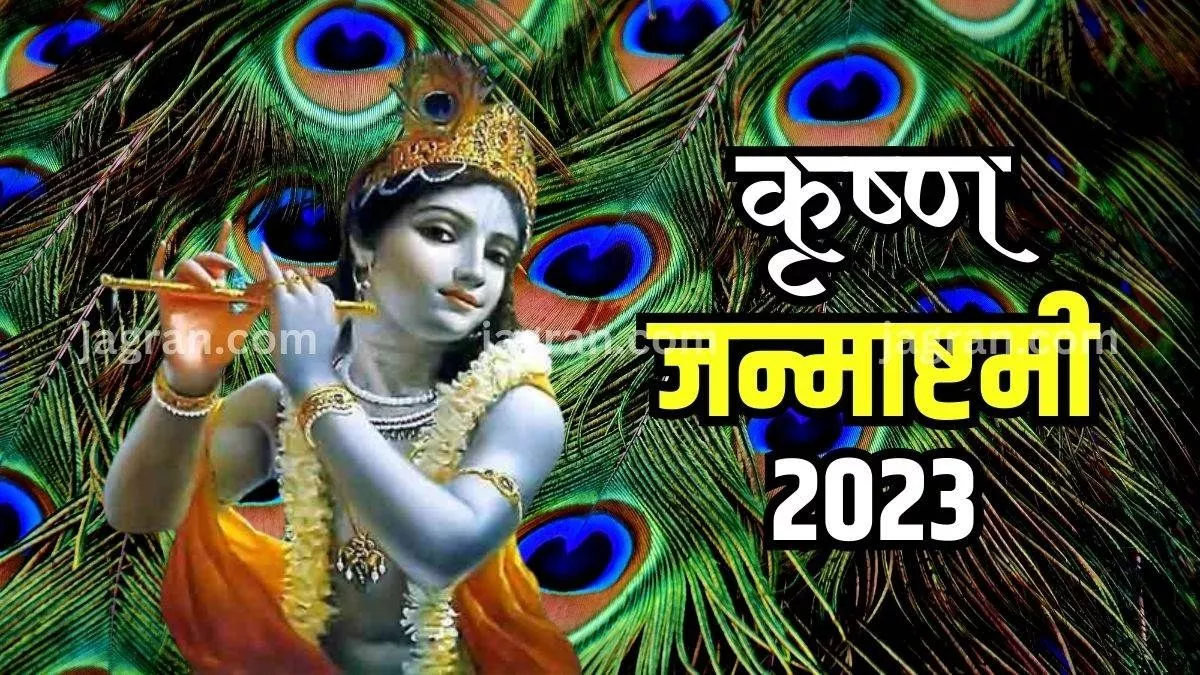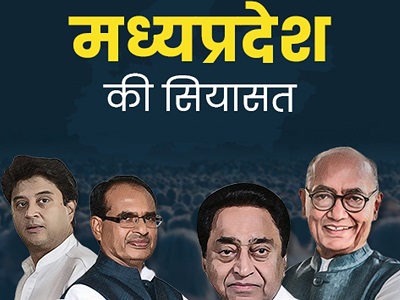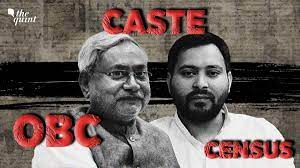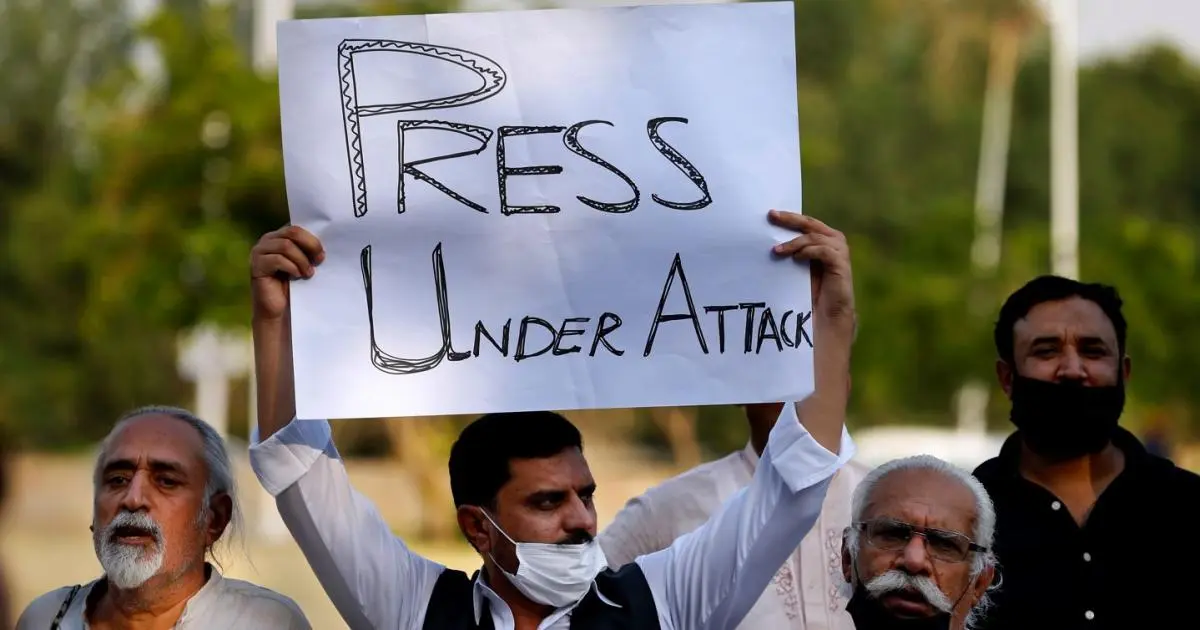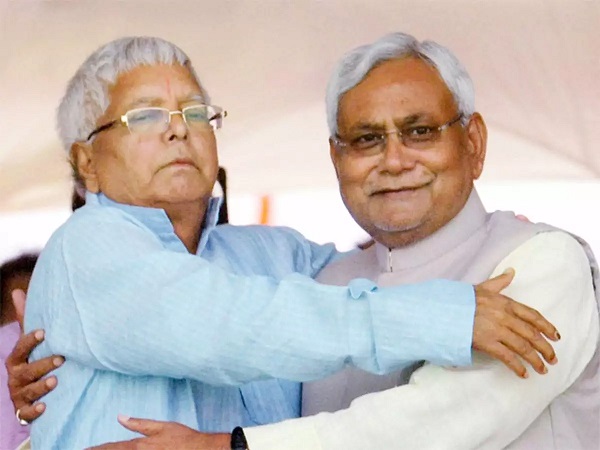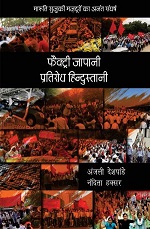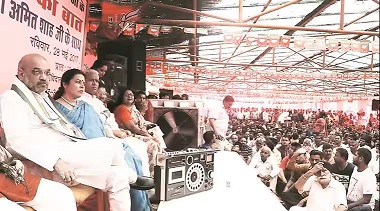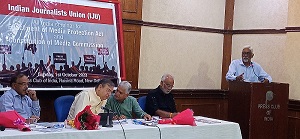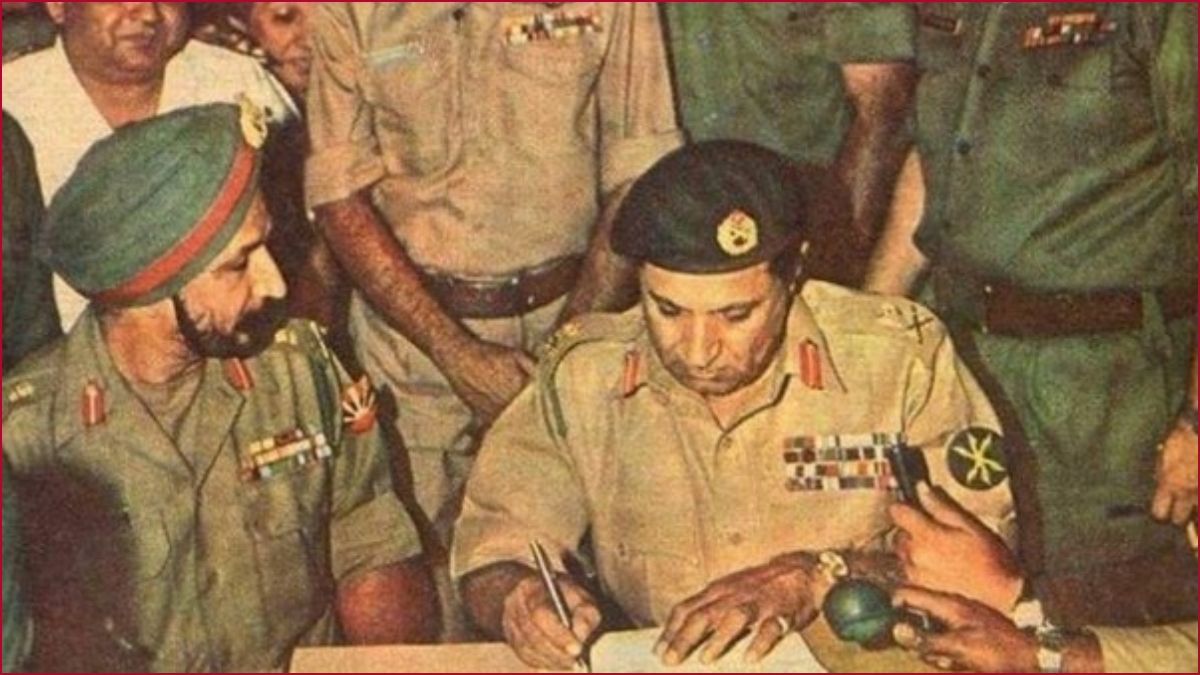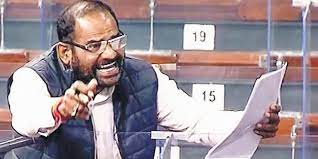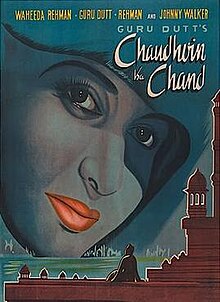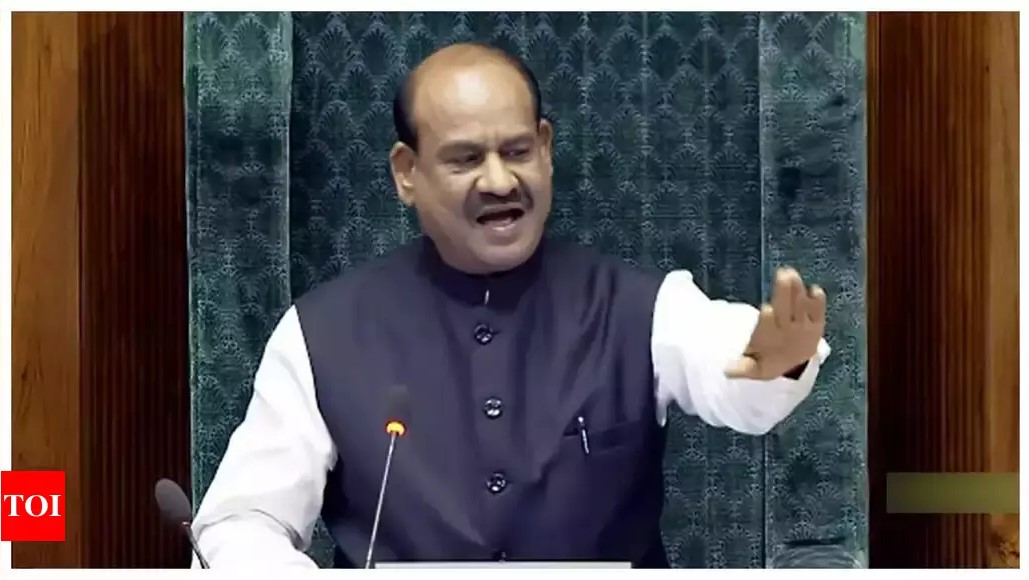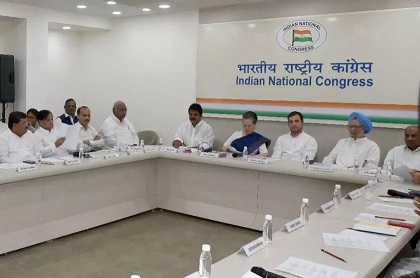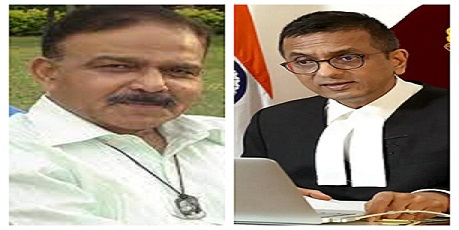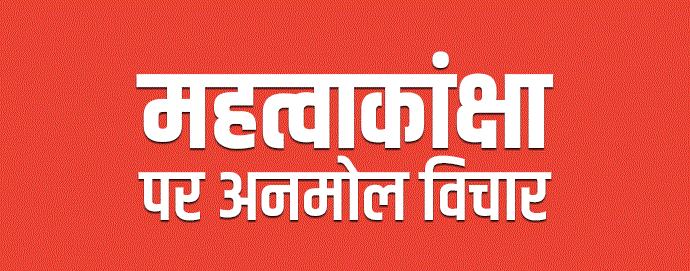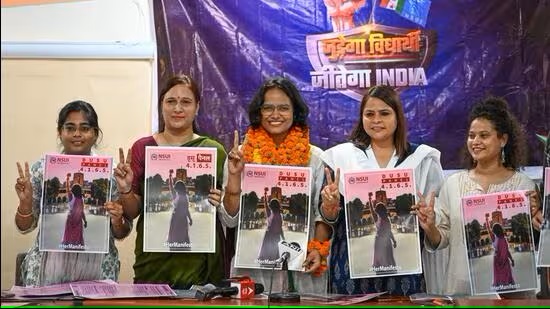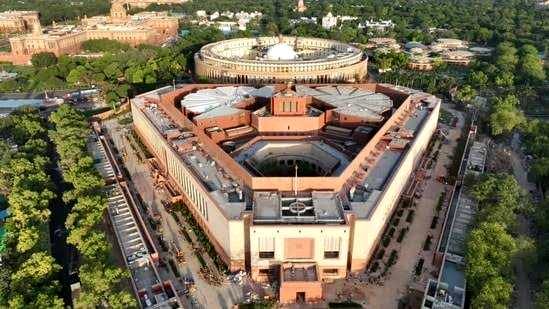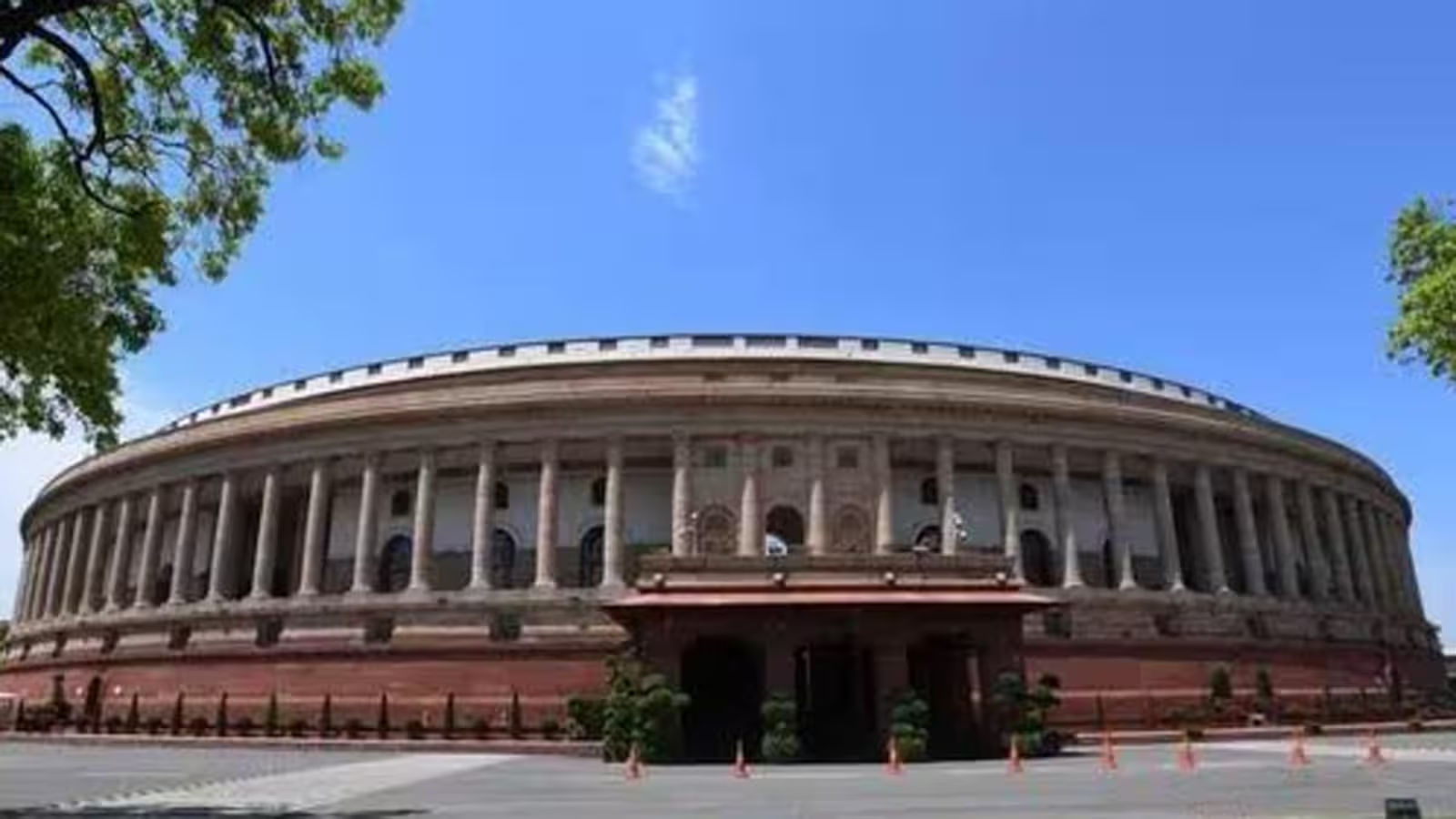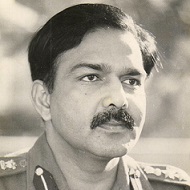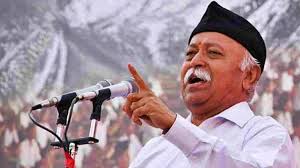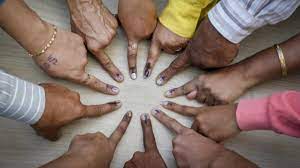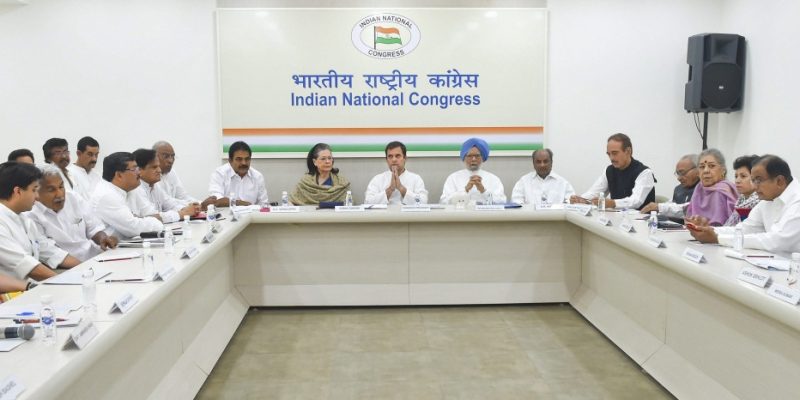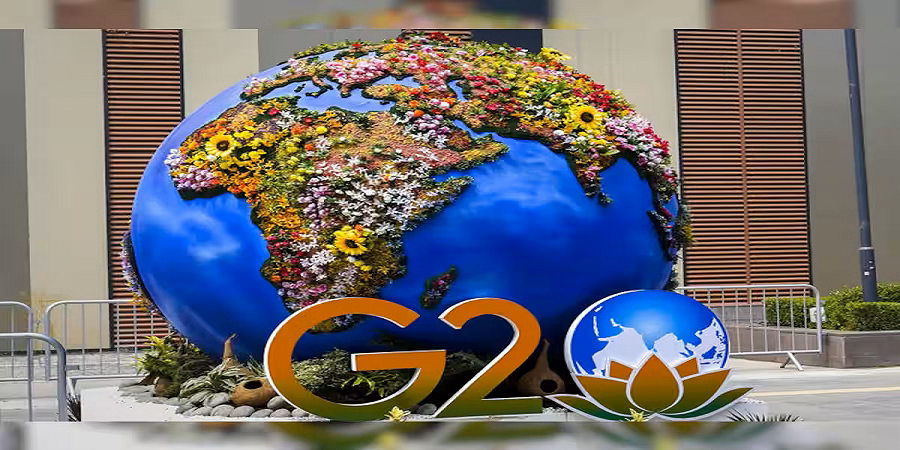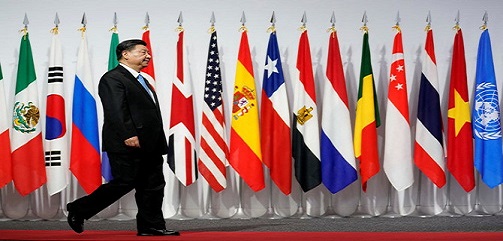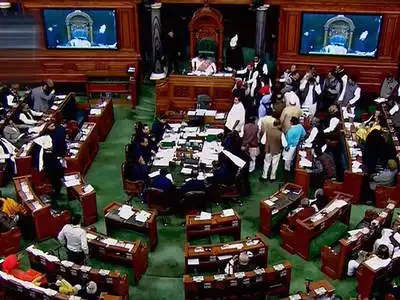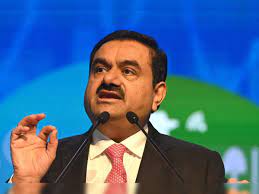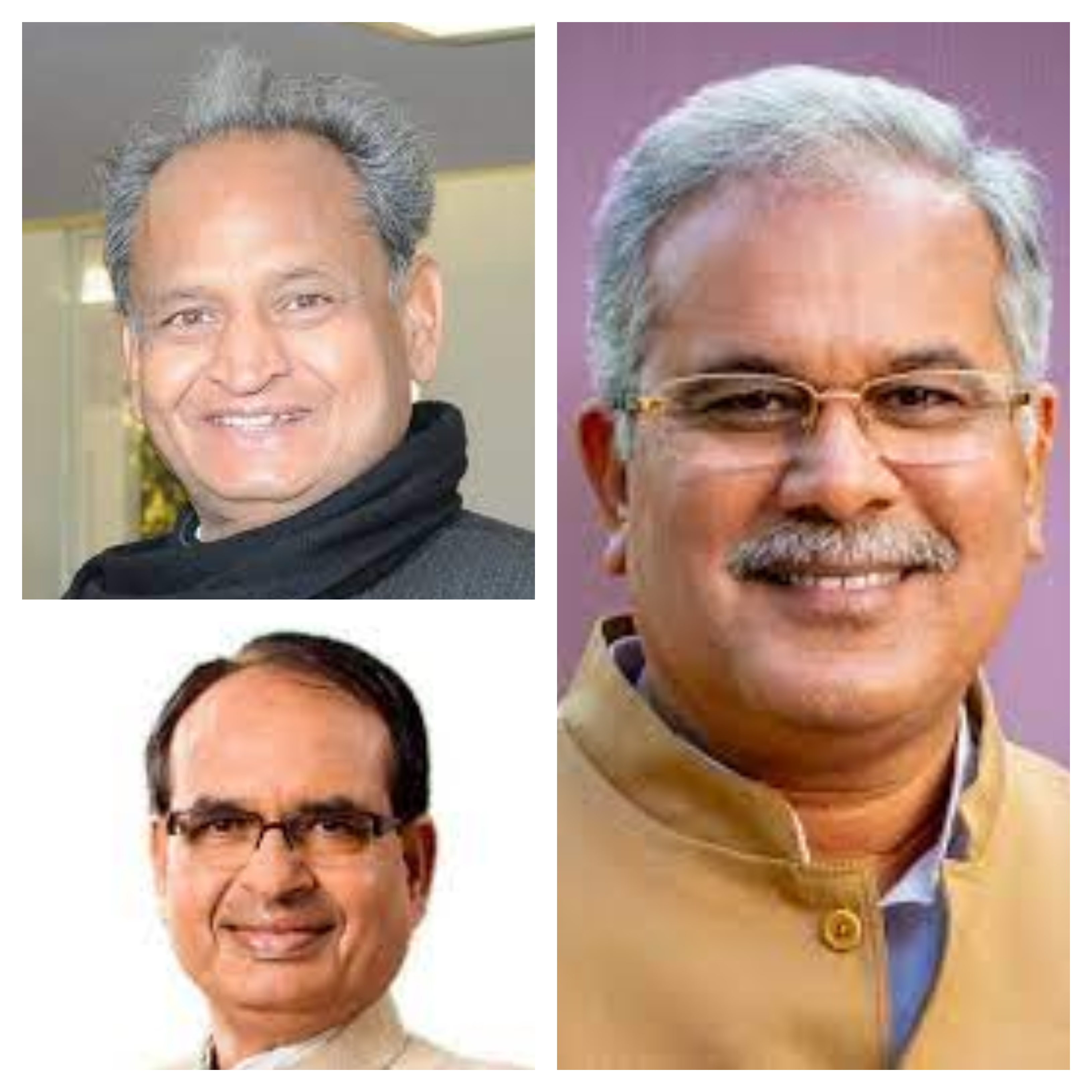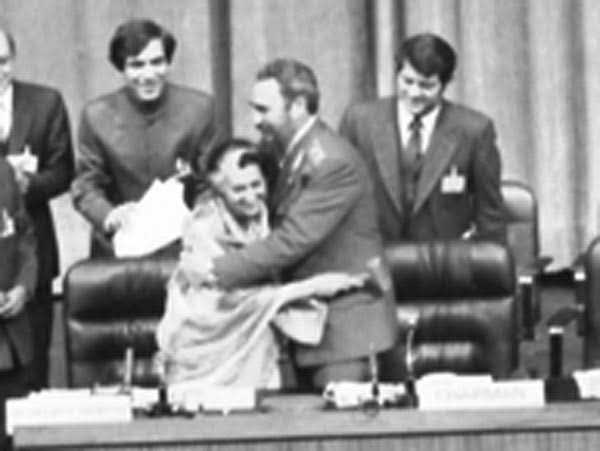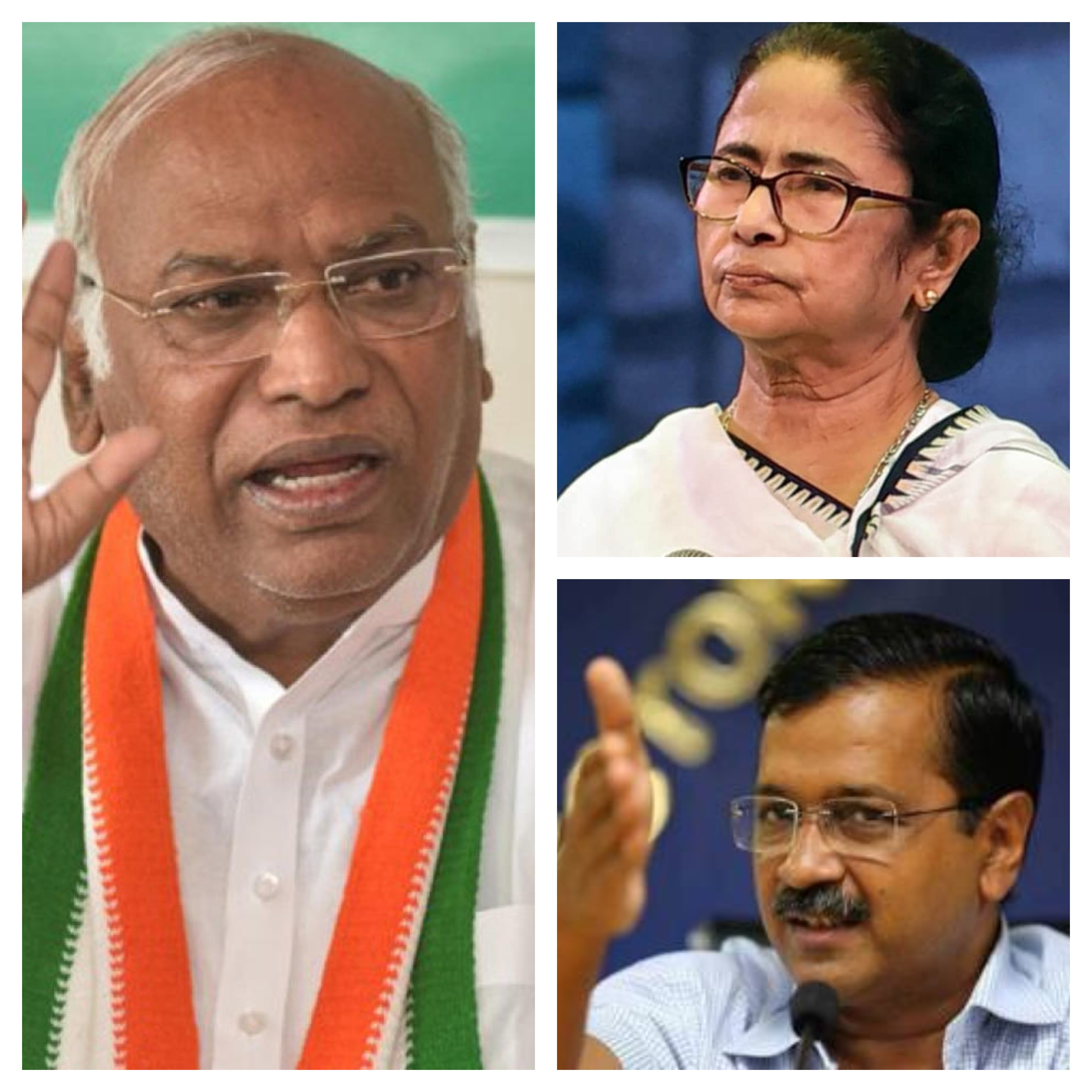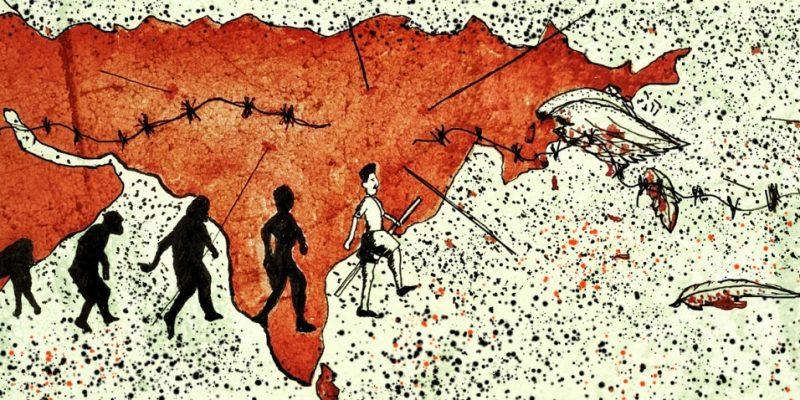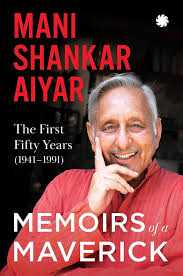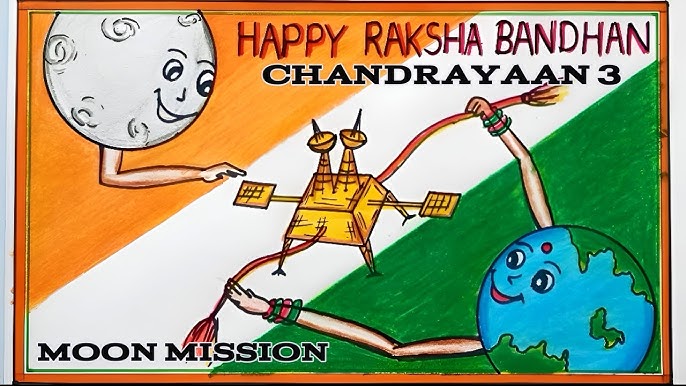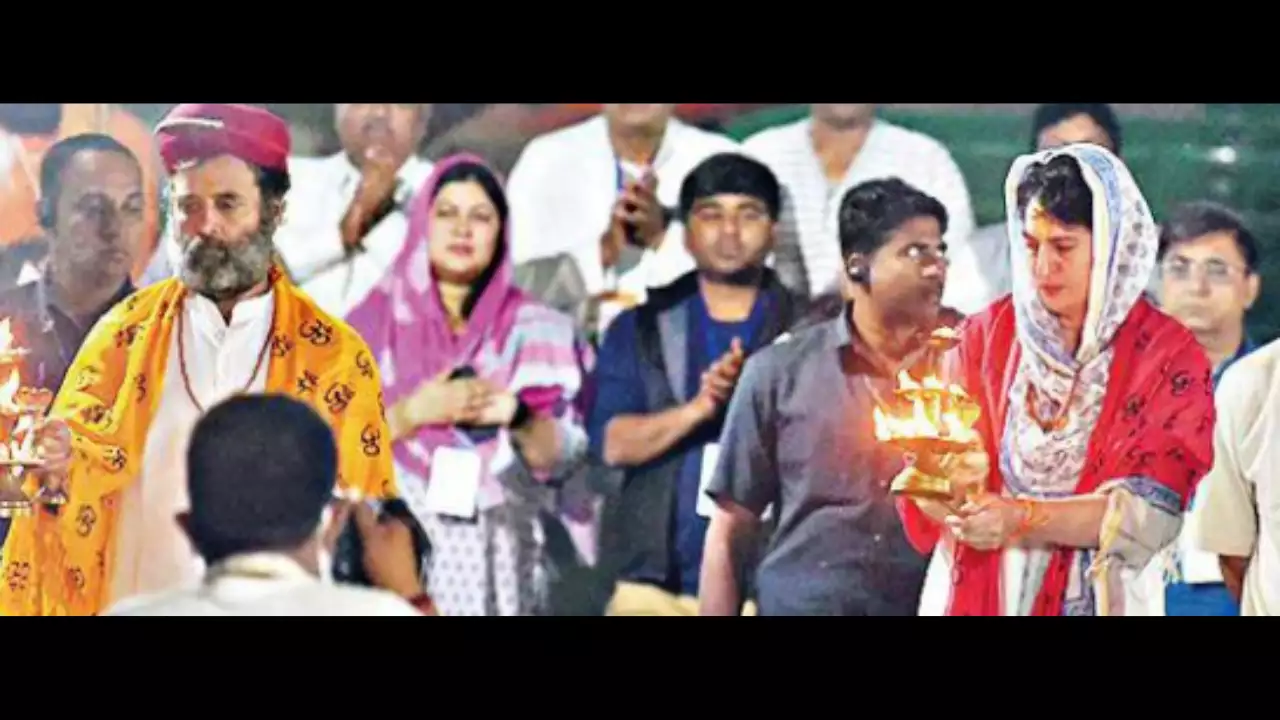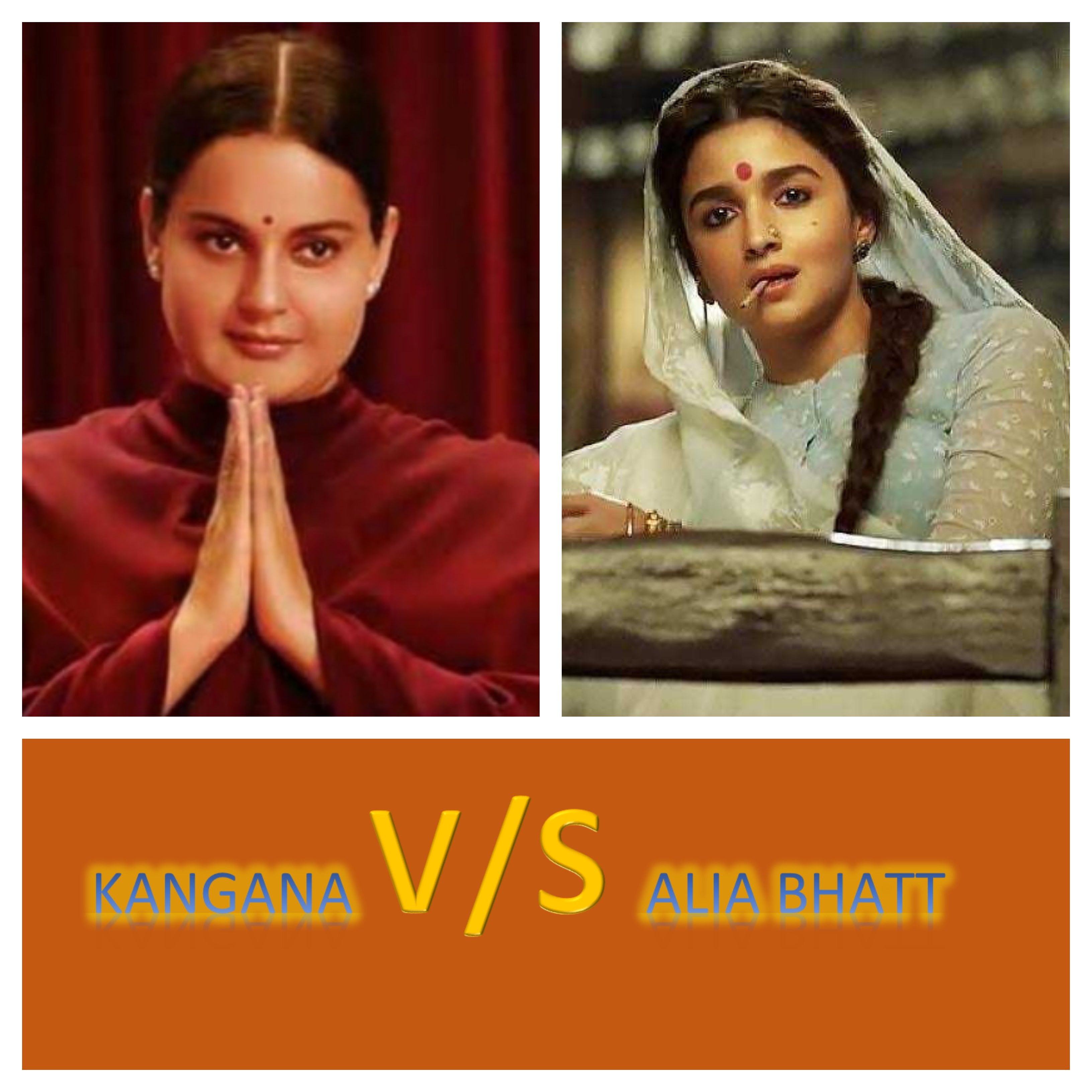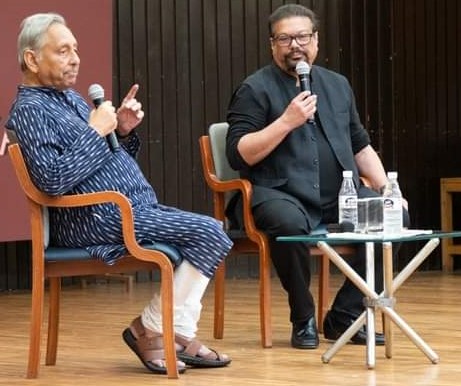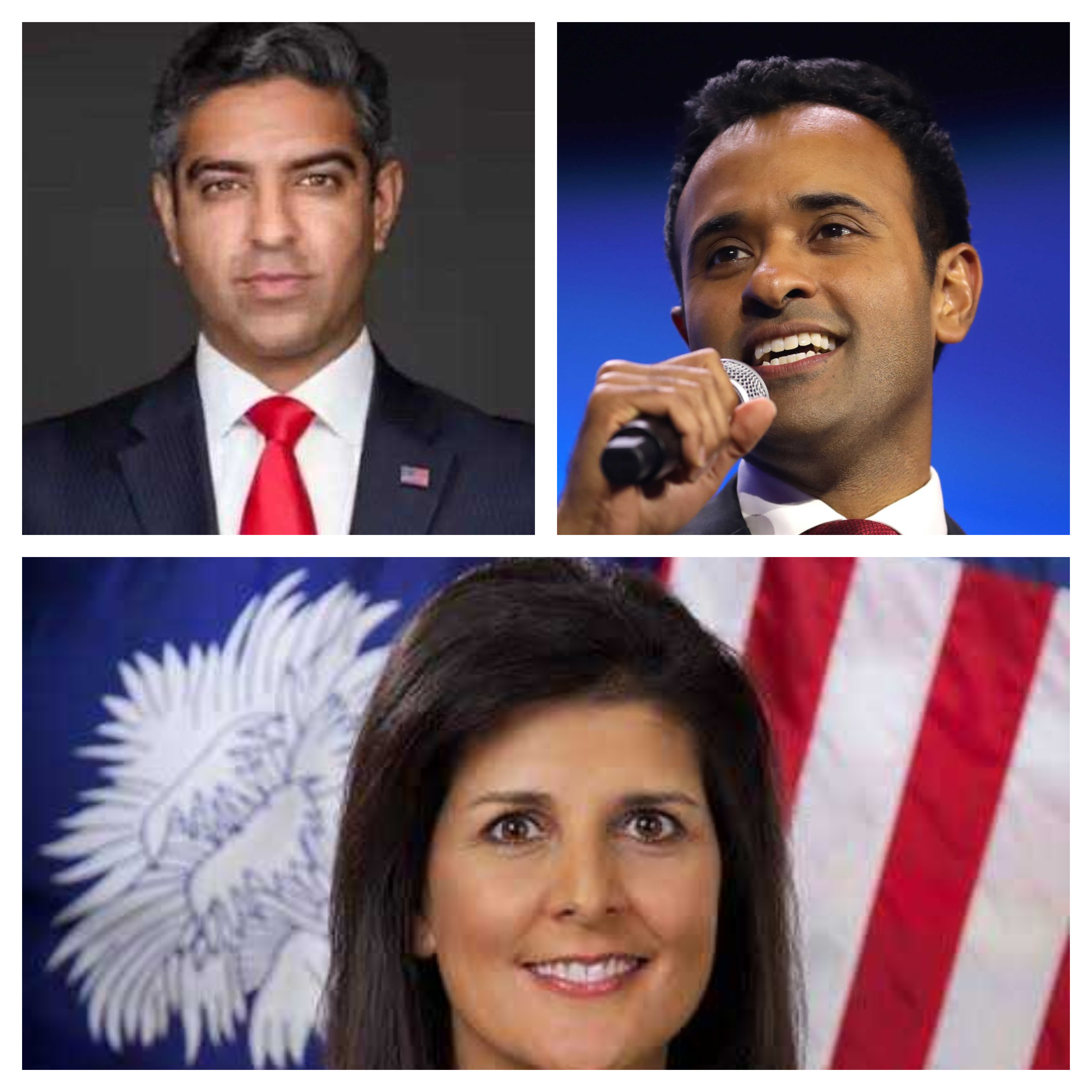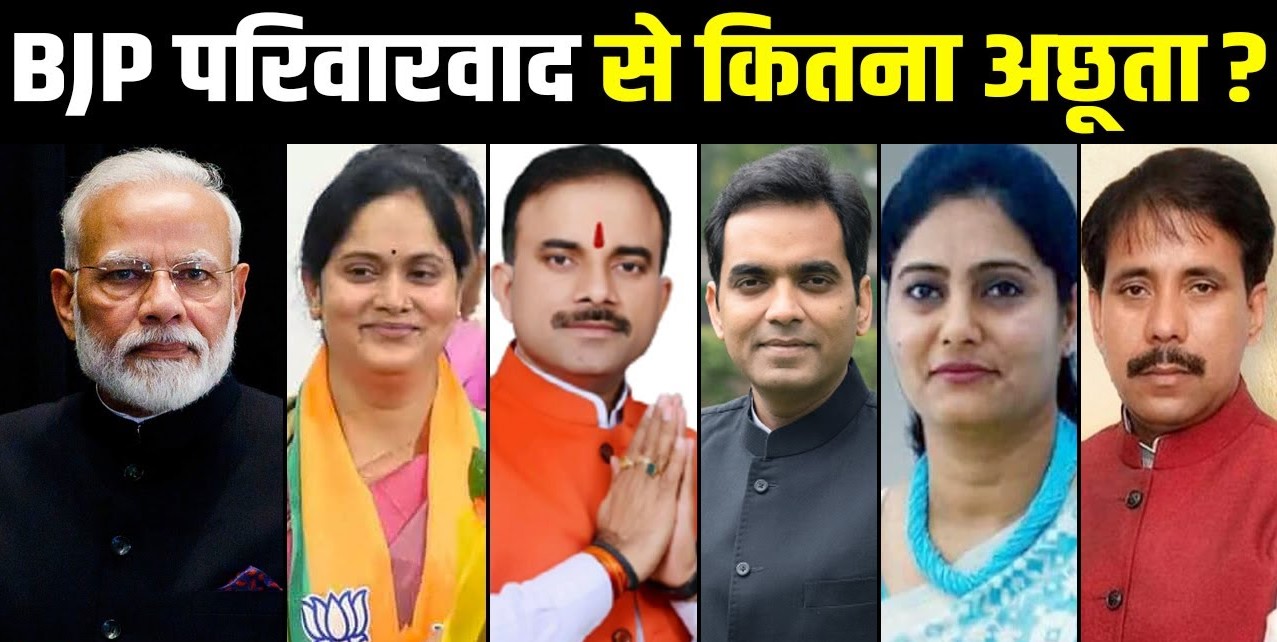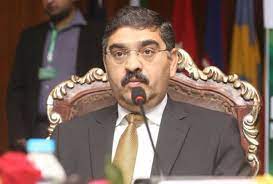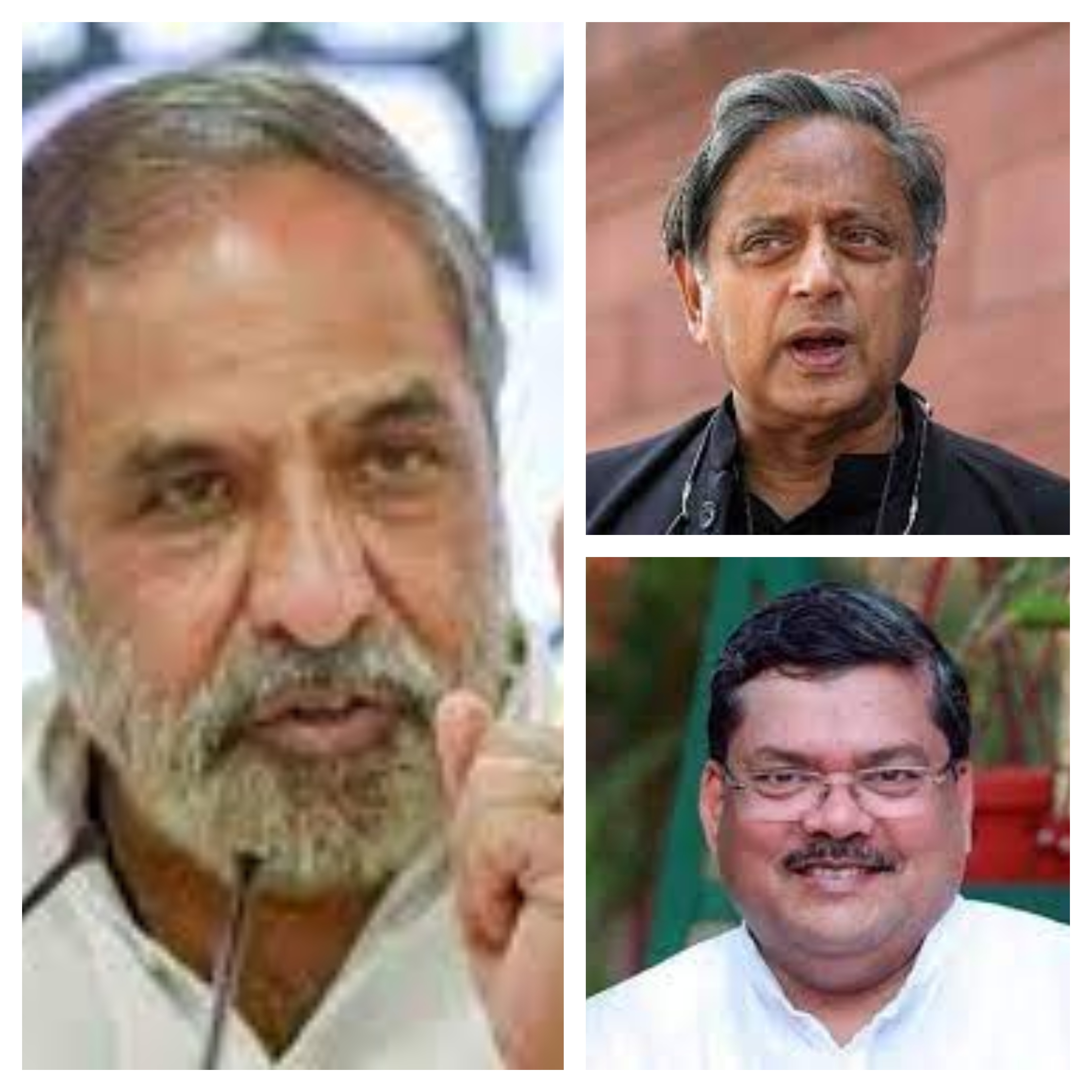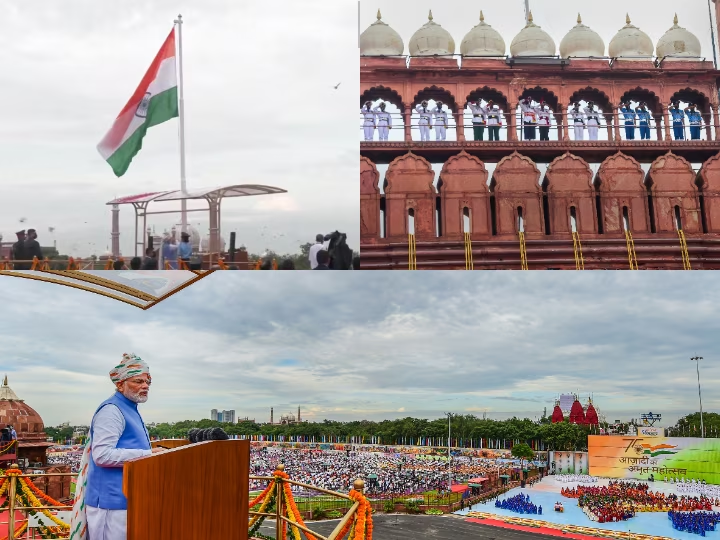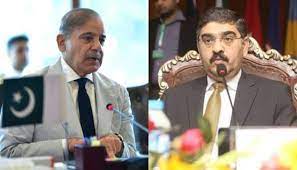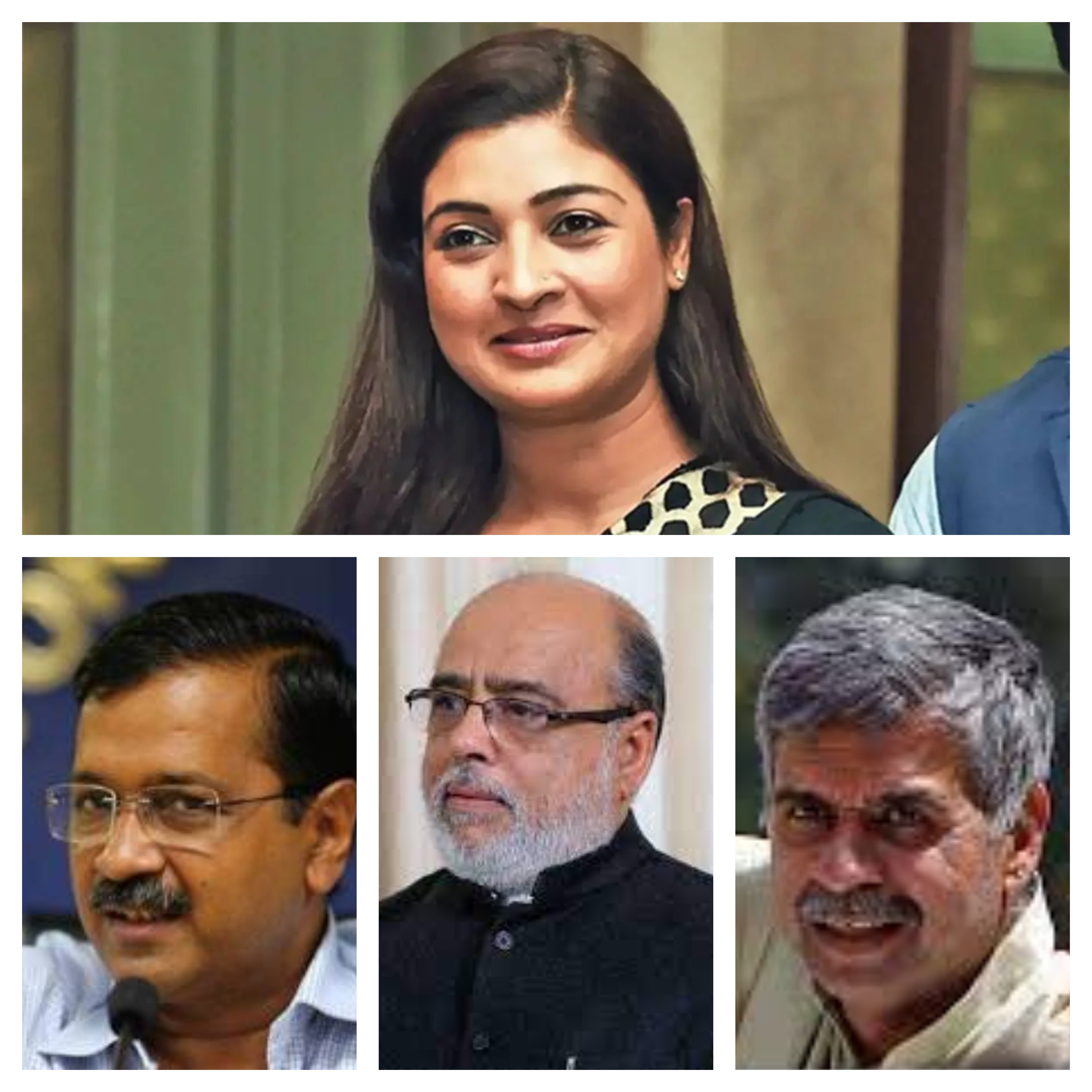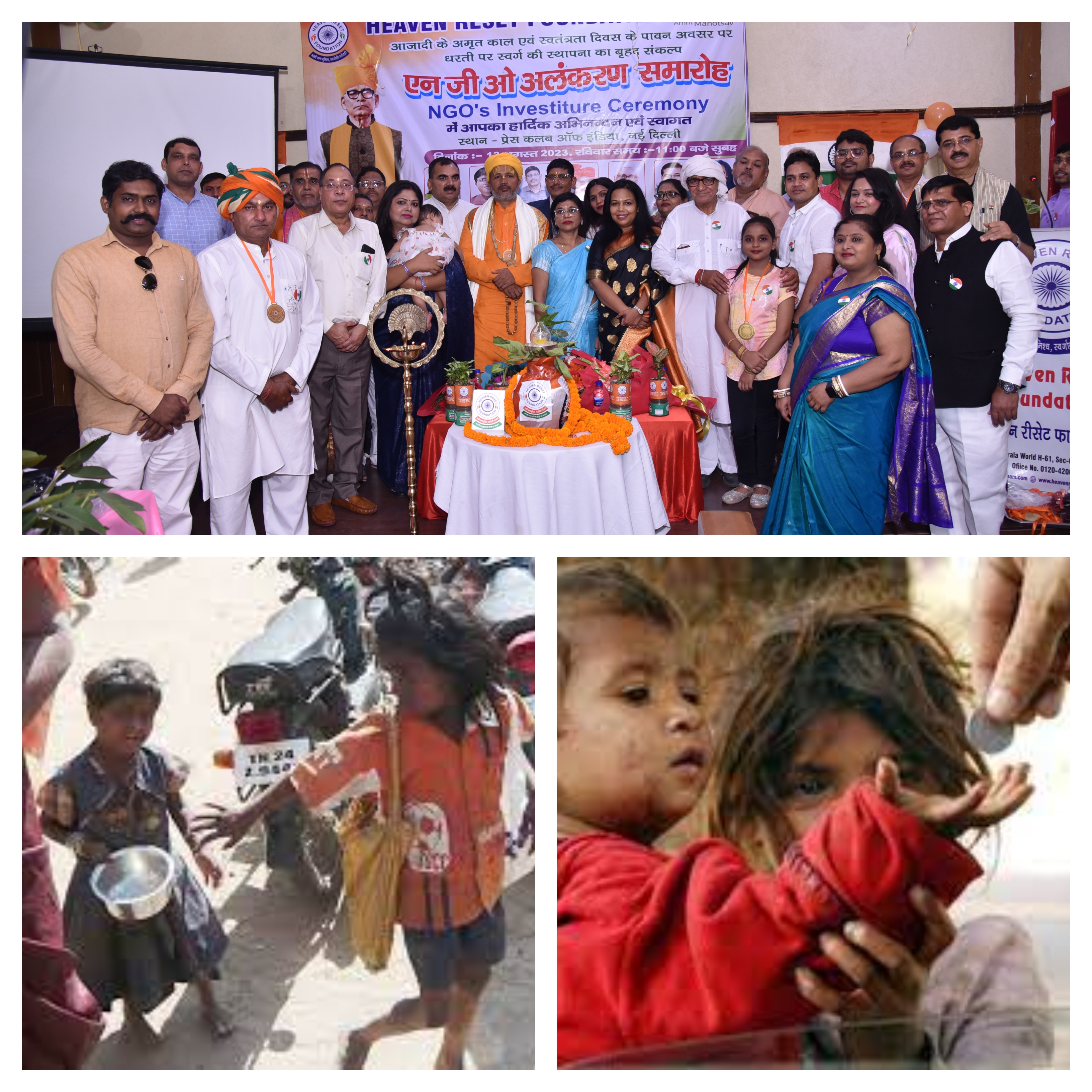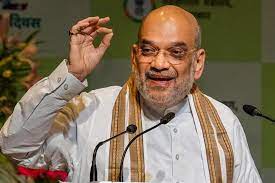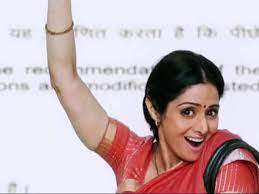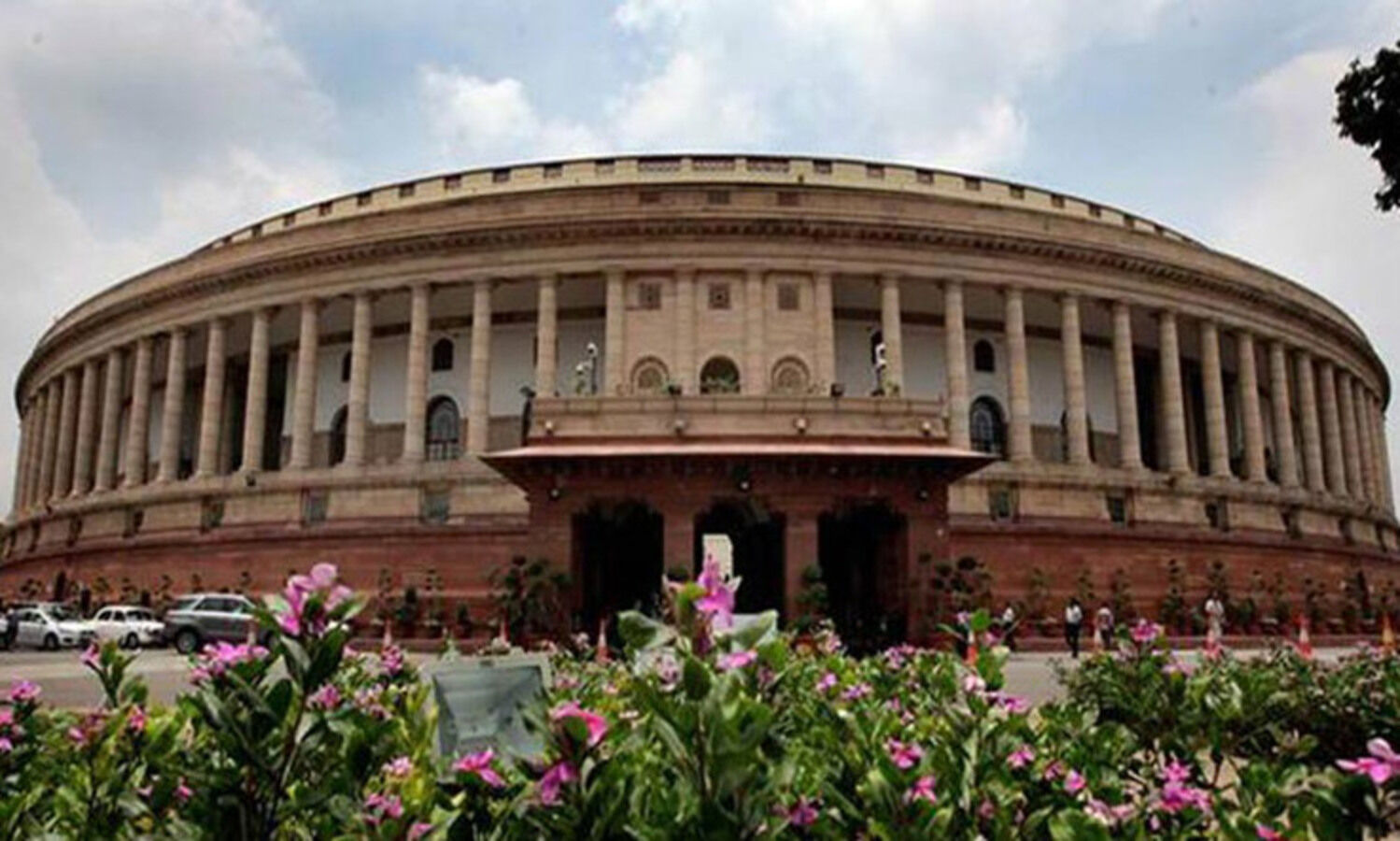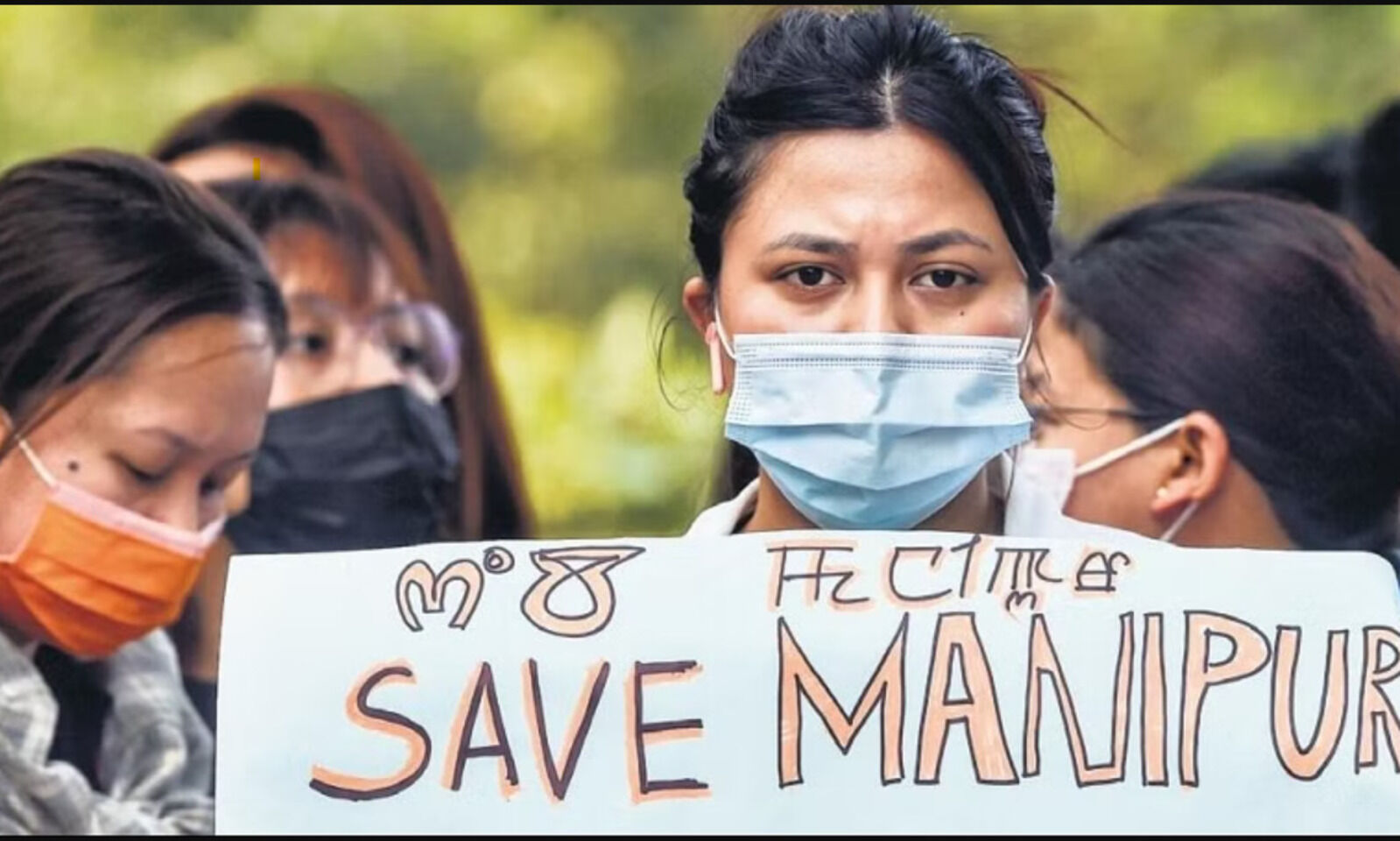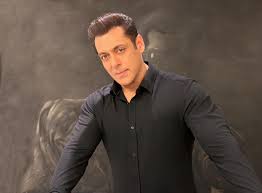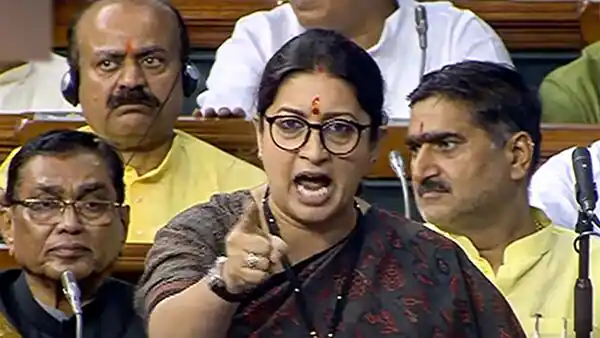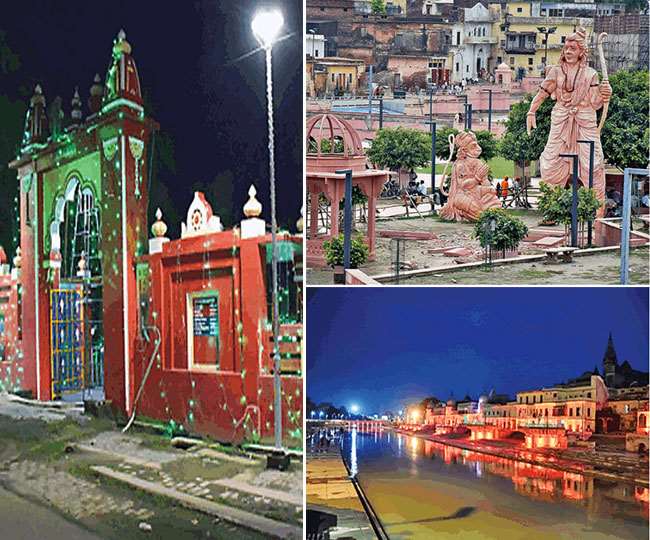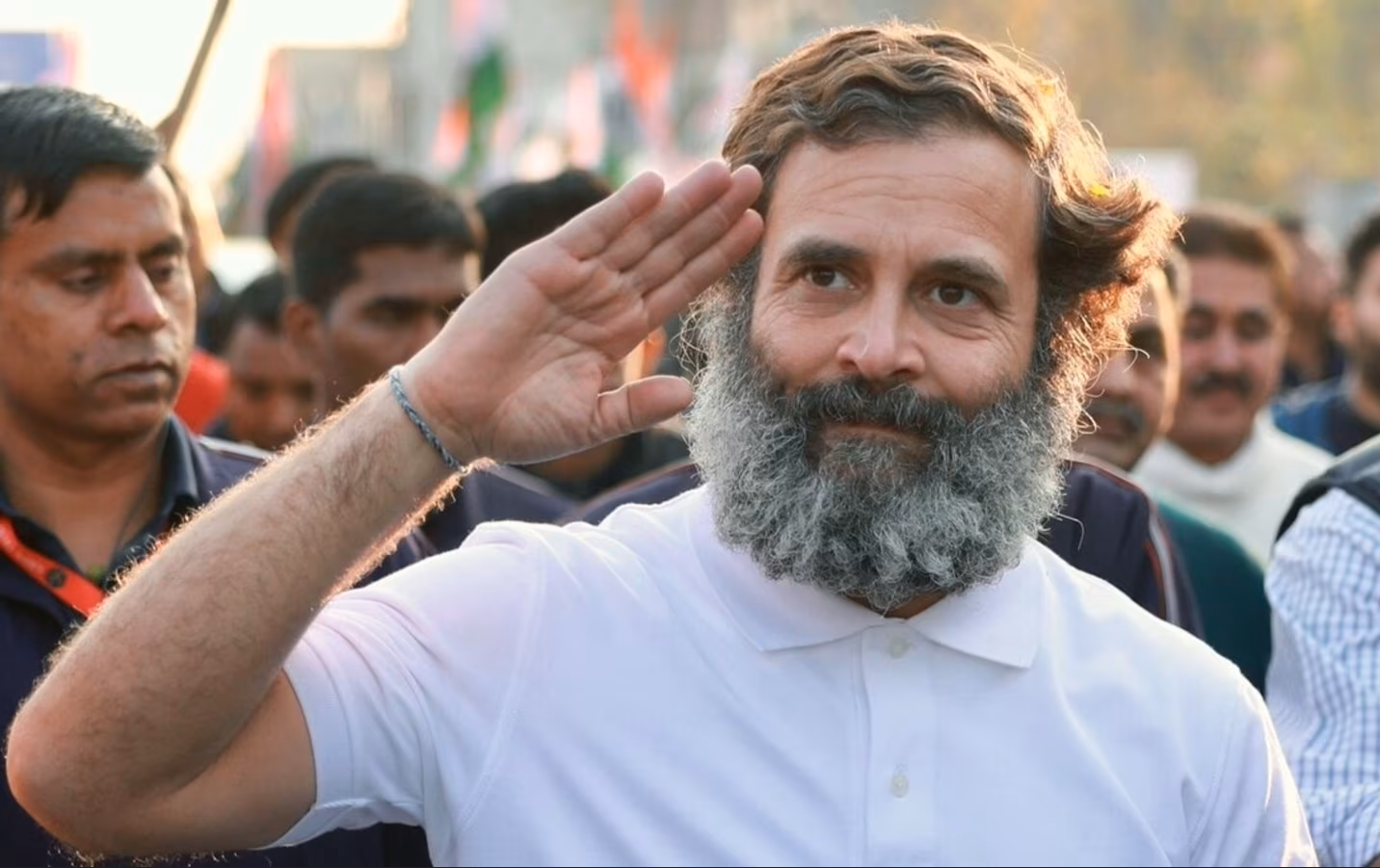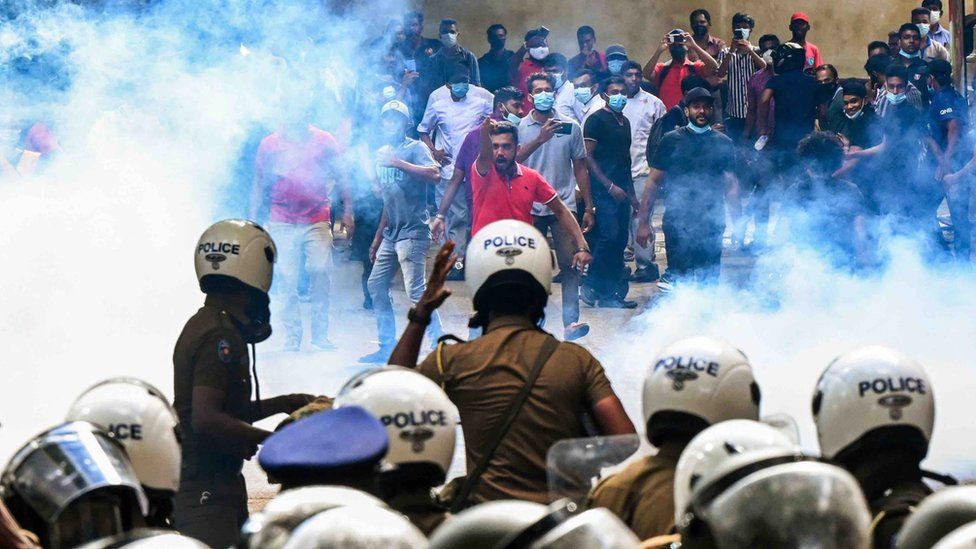16
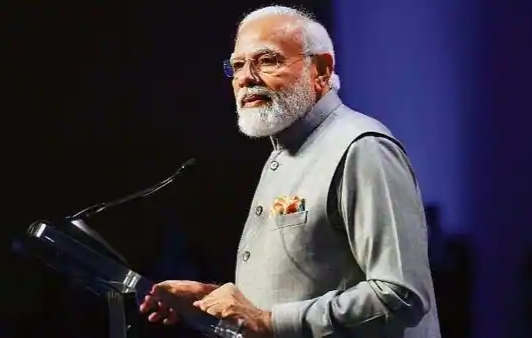
New Delhi, 16, October 2023
Prime Minister Narendra Modi's foreign policy
Dr.Satish Misra
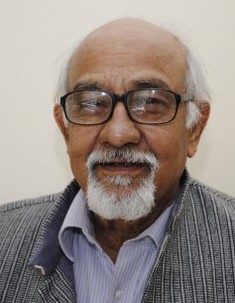
Has the country’s foreign policy undergone a drastic change since Prime Minister Narendra Modi assumed charge in May 2014?
Answer of his critics as well as his admirers will possibly be in affirmative though for different reasons. While his critics would point out that India’s estimation in foreign capitals and its international ranking on different parameters has gone down, his supporters would not hesitate a bit in pronouncing that the country has emerged as a global power and Modi is a world leader.
In fairness and as a measure of abundant precaution for being labelled as a Modi critic and be trolled by his followers, I will desist from making any judgment but will only try to present facts for helping readers to draw their own conclusion.
I am sure that nobody would dispute that Prime Minister Modi has been the principal foreign minister of his government with former and current External Affairs Ministers Sushma Swaraj and Subrahmanyam Jaishankar primarily playing the role of able assisters remaining alert to respond to the command of their master.
While Swaraj was a typical minister of politician cum foreign affairs, Jaishankar is a diplomat cum minister who gives much better spin to twists, tweaks and inconsistencies of the country’s foreign policy in a suave and highbrow English.
A close observation and a keen eye reveals clearly that Modi fashions himself after the country’s first Prime Minister Jawaharlal Nehru and nurses an ambition to be remembered like a global leader that Nehru undoubtedly was.
Unfortunately, Modi doesn’t either has the sharp intellect along with a deep study of world affairs or an understanding of subtle and nuanced reasoning required to present India’s policy that Nehru had. Jaishankar is the able instrument of Modi who makes his master’s rough edges smooth.
In this role, Modi has been on 74 foreign visits till date-with the latest being Indonesia on 5-7 September and Greece on 25 August. Interestingly, this comes close to the number of foreign visits former Prime Minister Manmohan Singh went on during both his terms, combined (74).
Going by the number of days spent abroad, Singh spent 313 days abroad, of the total 3,657 days he held the post as Prime Minister. As of October 15, 2023, Modi has spent 3,429 days as the PM, of which 281 were spent abroad. However, the pandemic times of 2020, 2021 and a part of 2022, too, need to be taken into account which if had not happened, Modi would have stood far ahead to Singh.
Notwithstanding his foreign sojourns, what distinguishes the Modi government’s foreign policy to the policy of all of his predecessors is turning of country’s external policy from bipartisan to partisan. All previous government before 2014 took opposition into confidence on any important and crucial international issue or global crisis.
There is not a single instance in the last nine and half years that the BJP-led NDA government has been in power that opposition leaders have been taken into confidence on any foreign policy issue. Not only this Modi has also discontinued the well-conceived practice of making a statement on is foreign visits in Parliament.
Another new feature of the current foreign policy is introduction of ‘muscular diplomacy’ which in simple words using secret and discreet information collected by our agencies about foreign leaders particularly that of the immediate neighbouring countries to mount pressure. The Modi government’s national security advisor Ajit Kumar Doval plays a decisive role in shaping the country’s foreign policy especially with Pakistan, Nepal, Bangladesh, Bhutan and Sri Lanka.
Historically muscular diplomacy has been in vogue for many centuries but has been used by those powers which had both economic and military clout. Super powers like the US. UK, Soviet Union used it to make countries follow diktats. Use of muscular element by India even before the country has either enough economic or military clout looks a bit incongruous.
A significant departure from earlier foreign policy is using country’s foreign policy establishment to promote the interest of few or one businessman. Taking of country’s business leaders on the Prime Minister’s official foreign trips has become a common practice of the present government. There are few instances that have been reported in the media when country’s foreign missions have lobbied for one particular business group or other group.
Pursuit of political and partisan agenda instead of national interest is yet another feature which distinguishes Modi’s foreign policy to his predecessors. Departing from the past, Modi began to use foreign soil to deprecate and denounce the domestic rival parties particularly the Congress holding it responsible for all that ails India. Thus a consensus evolved over the years after country gained independence in 1947 that domestic rivalry between different political parties would not be mentioned on foreign soil was eroded by Prime Minister Modi. Now all leaders do the same.
No prime minister before Modi ever openly supported or campaigned for a Prime Minister or the President of a foreign country but our present Prime Minister abandoned that cardinal principle by asking American-Indian voters to support incumbent US President Donald Trump at a meeting of expatriates. Similarly during his visit to Bangladesh in March 2021, Modi used his journey to Bangladesh to improve the electoral prospects of the BJP in the assembly elections in West Bengal.
With an eye on the Matua Dalit votes and to woo them for his party, Modi spoke to some of the leaders of the community after offering prayers at their temple in Gopalganj’s Orakandi. It was rather one of the rare uses of diplomacy for furthering political gains
In short, country’s foreign policy has been used to further political gains then serving the vital national interests which is one of the most fundamental principles for shaping relations with the outside world.











































































































































































































































































































































































































































































































































































































































































































































































































































































































































































































































































































































































































































































































































































































































































































































